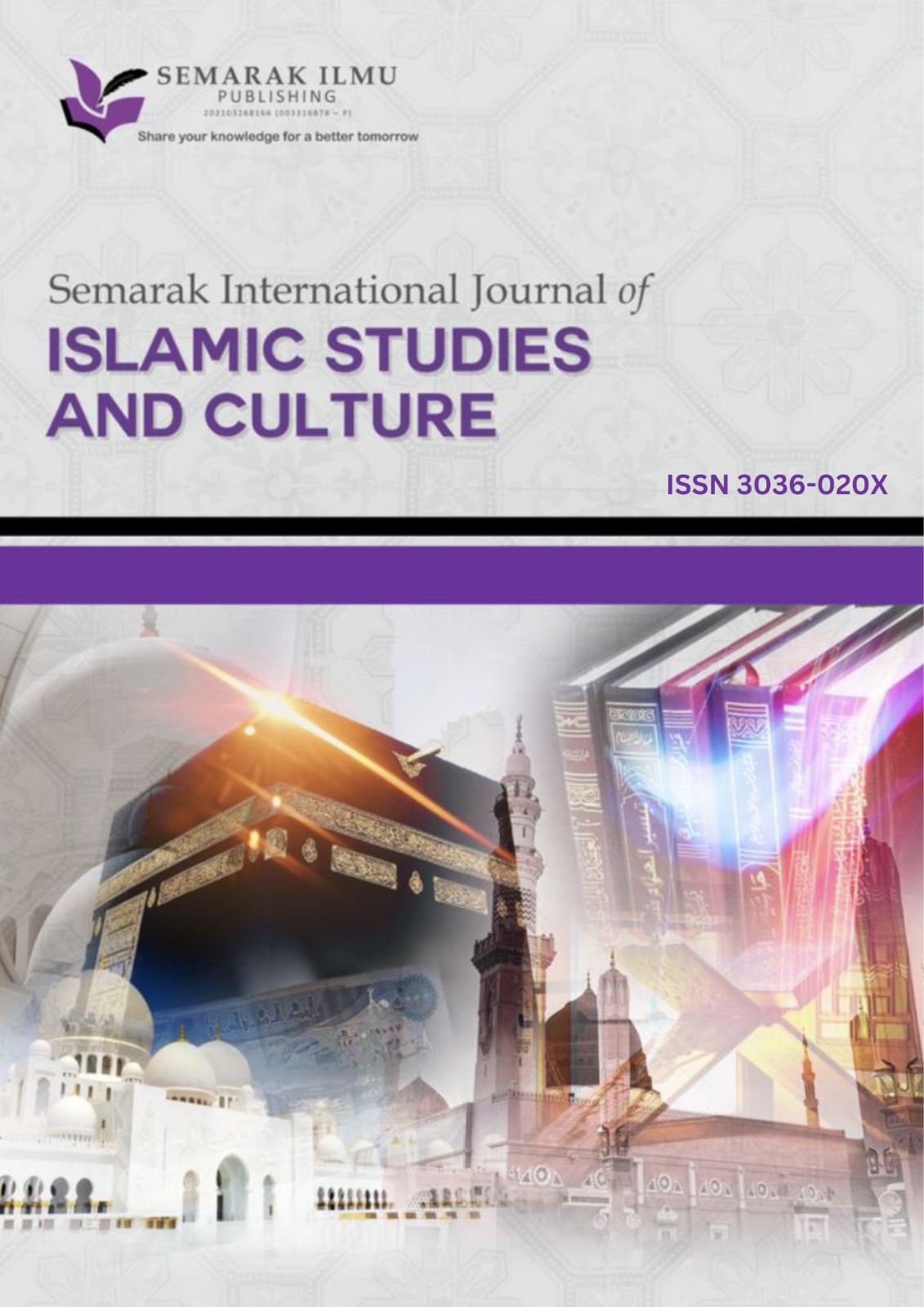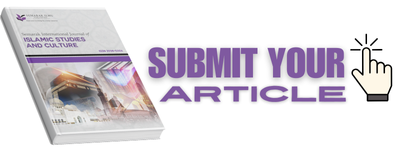Enculturation of Ubudiyyah, Mas'uliyyah and Iqtan (UMI) Principles in Conventional Employment Relations
DOI:
https://doi.org/10.37934/sijisc.1.1.3549Keywords:
Islam, industrial relations, Human Resource Management, communication, employee-employer relationshipAbstract
Harmonious working relationship that is built between employee and employer is the critical factor in ensuring success of an organisation. Hence, to uphold the interest of maintaining relationship of work against employer, trade union, employees along with government, multiple theories and models were introduced by previous scholars especially from the western perspective. Various aspects in relation to the system and working environment have been given attention in theory or model development such as economy, social and technology aspect. However, according to related literature research in theories and models that were suggested by past researchers, there has been an oversight on the role of religion in building harmonious work relationship. Whereas the role of religion plays an important role in forming a good identity of employee, employer as well as the government. Failure in highlighting the role of religion has also caused incompetency in work management due to prolonged issues and conflicts of work resulting in various of industrial actions such as pickets and strikes. Most of past theories and models were oriented on profit and work management that have been executed solely to realise the goals of one party which is employer or capitalist, while, the other party, the employee will continue to be oppressed. In other words, implementation of work system that overseeing the role of religion will create injustice and tyranny against employees. Hence, this research aims to analyse the inculturation of Ubudiyyah, Mas’uliyyah and Iqtan (UMI) principles. This research used the approach of al-Quran and al-Hadis content analysis as well as past research related to industry and work relationships. In this research, work relations practice pioneered by western countries will be re-evaluated using the inculturation of Ubudiyyah, Mas’uliyyah and Iqtan (UMI) principles approach. Based on this research analysis, there is a need to make the Ubudiyyah, Mas’uliyyah and Iqtan (UMI) principles as part of conventional work relations practice through enculturation process of all UMI principles in managing employer and employee relations. Work management that emphasises on the three principles will be able to make a better and fair work relation practice to both parties i.e. employer and employee.
Downloads














